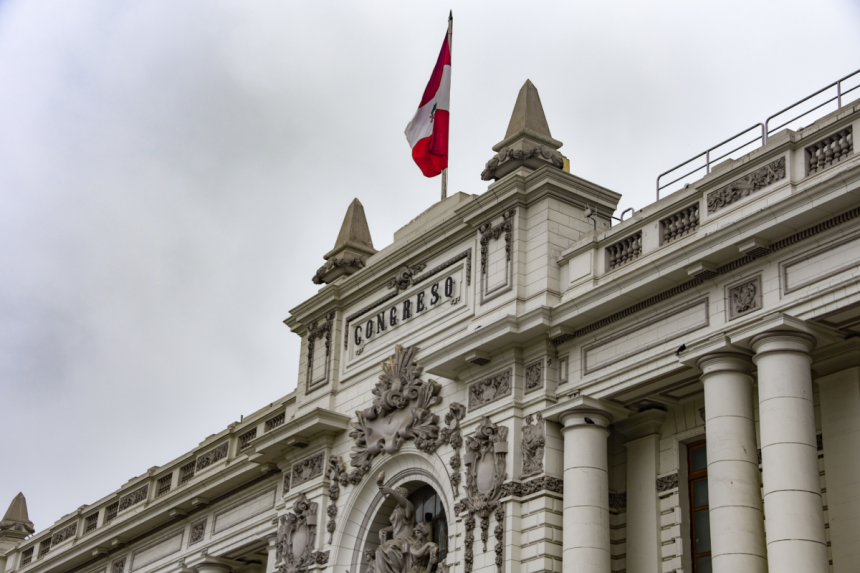Lawmakers Vote Unanimously to Oust the President
Peru’s Congress voted early Friday to remove President Dina Boluarte from office amid growing public anger over rampant crime and violence across the country. The 130-member unicameral Congress convened late Thursday to debate and vote on four impeachment motions citing the government’s failure to curb criminal activity.
Lawmakers invited Boluarte to appear before them near midnight to present her defense, but after she failed to show up, they proceeded with the vote. Just after midnight, 124 members voted to impeach her, with no votes in opposition. The result marks a rare show of unity among Peru’s political factions, which have previously been deeply divided on presidential removals.
Political Turmoil and Rising Crime
The impeachment came only hours after a shooting at a concert in Lima left several people injured, intensifying frustration over the government’s handling of security. Crime has surged across Peru, with extortion, gang activity, and violence spreading even into schools and small businesses.
Boluarte, who became Peru’s first female president in December 2022 after the ouster of Pedro Castillo, faced mounting criticism for her inability to restore order. Official data shows that 6,041 people were killed between January and mid-August, the highest number for that period since 2017. Extortion complaints also surged to nearly 16,000 during the first half of the year, marking a 28% increase compared to 2024.
On Wednesday, Boluarte attributed part of the crime wave to illegal immigration, saying at a military event that “past administrations opened the doors and allowed criminals to enter everywhere without any restrictions.” The comments drew backlash from human rights groups and opposition lawmakers.
Uncertain Path Forward
Under the Peruvian constitution, the president of Congress is next in the line of succession, though it was not immediately clear whether the current leader would assume power or if lawmakers would appoint another among them. Boluarte’s removal makes her Peru’s sixth president in less than ten years, continuing a cycle of political instability that has left citizens frustrated and disillusioned.
Boluarte’s term was originally scheduled to end in July 2026, with new elections planned for April 2026. Her administration had already survived eight previous impeachment attempts but could not withstand the latest wave of discontent tied to the worsening crime crisis.
Protests and Political Fallout
Boluarte’s presidency began under intense pressure. Following her succession from Castillo, she faced more than 500 protests demanding her resignation within her first three months in office. Her government was further plagued by corruption allegations and accusations of excessive use of force against demonstrators.
Prime Minister Eduardo Arana attempted to defend Boluarte in a parliamentary session focused on crime but failed to sway legislators. “Parliament’s concerns are not resolved by addressing a request for impeachment, much less by approving it,” he said before the vote. “We knew from the beginning that our first day here could also be our last.”
As Peru faces yet another leadership transition, questions remain over whether the next administration can restore stability and address the country’s deepening crime crisis.






